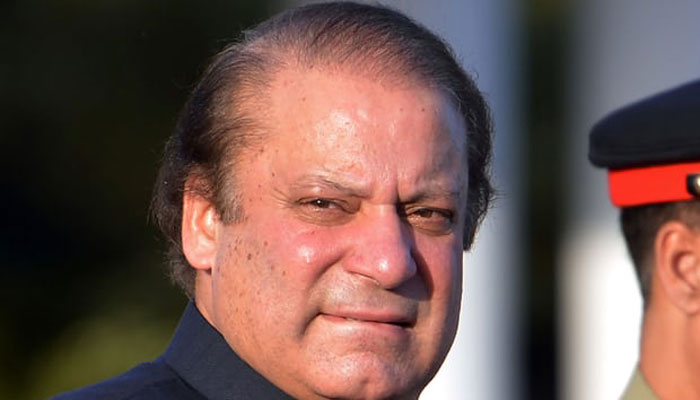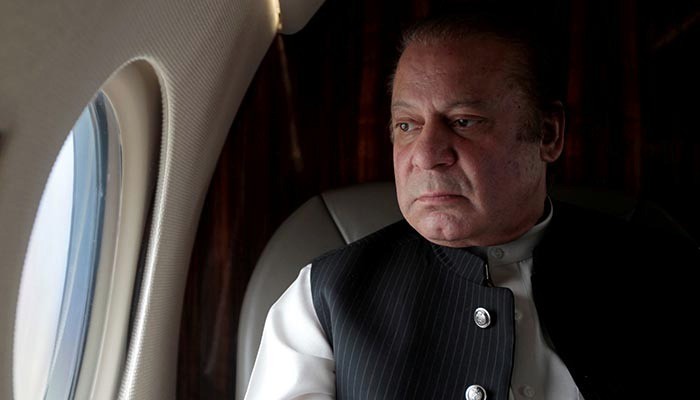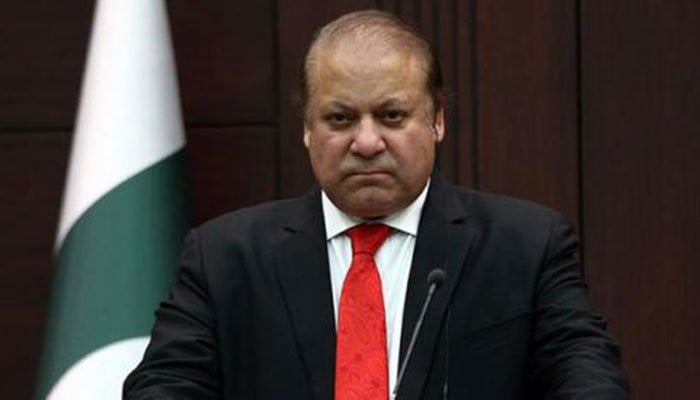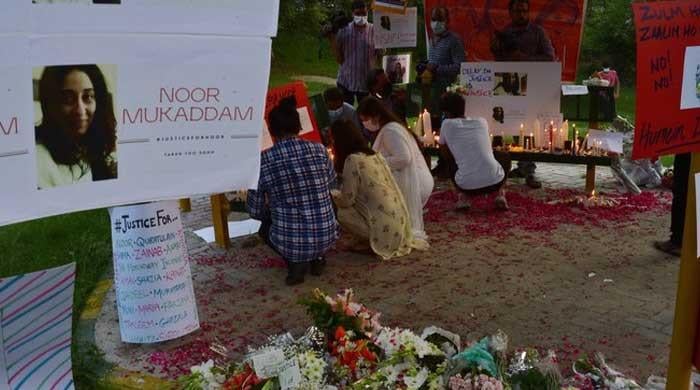Accountability, justice and Nawaz Sharif
Honourable judges too are remembered by their judgements. Justice Iftikhar Chaudhry may no longer garner as much of our attention like he did as CJP, but the same cannot be said about his bequest
July 29, 2017

The Panama verdict was not surprising. Nawaz out, the National Accountability Bureau (NAB) to file references against the House of Sharif and a judge mandated to supervise proceedings of the accountability court and NAB against the respondents named.
After a damning Joint Investigation Team's report against the first family presented before the court, there was neither an element of collective shock or surprise on the decision. The Sharifs were unable to give any undeniable evidence to back their claims regarding the ownership of the Mayfair flats or the money trail for their procurement.
While presenting their side of the story they stuttered, contradicted, backtracked and made a mockery of themselves before the six-member JIT. Questions were asked – dichotomies were served.
July 28, 2017 – Nawaz disqualified but the interesting bit; Sharif was been shown door not on grounds of the inconsistencies in statements but for being declared 'dishonest' under Article 62(1)(f), for not disclosing his "un-withdrawn receivables constituting assets from Capital FZE, Jebel Ali, UAE in his nomination papers filed for the General Elections held in 2013".
A new precedent has been set. The articles inserted by late General Zia-ul-Haq in the Constitution played their role.
With the precedent established by the highest court of the country, a door has been opened against every future elected government and its prime minister. Article 62,63 have embodied the legacy of 58(2)b used by Ghulam Ishaq Khan and Farooq Leghari – former presidents who dismissed respective elected governments of Benazir Bhutto and Nawaz Sharif in past.
No love lost for Nawaz - he and his family have a lot to answer for their foreign financial assets - hiding behind the veil of democracy is no longer an option.
Accountability demands answers, not rhetoric, with this recent decision in the quest for accountability of the first family, perhaps the politics of the 90s have made a sudden comeback.
Politicians moving the court to disqualify opponents under Article 62,63 will likely open a new era of confrontation among institutions – an aspect which must be avoided to maintain healthy democracy in the country.
History is considered to be the best judge of court orders.
Judgements may not be swayed by popularism as newspaper or hourly news headlines are; because while the latter lose their value and are often forgotten within hours, judgements are immortalised in legal case studies and are forever remembered.
Honourable judges too are remembered by their judgements. Justice (Retd) Iftikhar Chaudhry may no longer garner as much of our attention like he did as CJP, but the same cannot be said about his bequest.
- Views of the author do not necessarily reflect the editorial policy of Geo News














